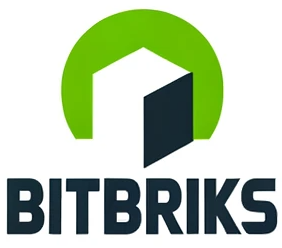Make api request in Odoo without jQuery
Odoo is a powerful workhorse that comes with a ton of functionalities built-in. That sometimes comes at a cost of bloated code with more functionalities than needed. For example, the common javascript bundle web.assets_common.js is pretty large (about 1MB), including anything from jQuery, Bootstrap to QWeb. If our aim is to create an independent front-end client with a UI framework of choice, say React, why bother including all that. So in this post, we will be trying to create a very thin api client to Odoo’s backend.

Complete code sample for this example can be found here.
Creating a simple Rpc object
Constructing a Rpc object to simulate behavior of Odoo’s web client request is pretty straight forward. We make use of the new Javascript’s Fetch Api for simplicity.
class Rpc {
_buildQuery(options) {
// refer to Odoo's addons/web/static/src/core/js/rpc.js
}
query(params, options) {
let query = this._buildQuery(params),
id = Math.floor(Math.random() * 1000 * 1000 * 1000),
data = {
jsonrpc: "2.0",
method: 'call',
params: query.params,
id: id
},
payload = {
method: 'POST',
credentials: 'same-origin',
headers: {
'Content-Type': 'application/json',
},
body: JSON.stringify(data, date_to_utc)
};
payload = Object.assign(Object.assign({}, options), payload);
return new Promise((resolve, reject) => {
fetch(query.route, payload).then(res => res.json()).then(jsonRes => {
if (jsonRes.error) {
reject(jsonRes.error);
}
else {
resolve(jsonRes.result);
}
}).catch(reject);
});
}
}Using it in a sample React based Odoo module
In previous example on creating a React based Todo Odoo module, newly created item is just kept ephermerally. Nothing is saved once the user leaves the page. We can make use of our service call to save item to server and fetch them on page load.
class TodoApp extends React.Component {
constructor(props) {
super(props);
this.state = { items: [], text: '' };
this.handleChange = this.handleChange.bind(this);
this.handleSubmit = this.handleSubmit.bind(this);
this.rpc = new Rpc();
this.model = 'todo.todo';
this.context = {lang:"en_US",tz:"Europe/Brussels",uid:2};
this.fetch();
}
fetch() {
var params = {
model: this.model,
context: this.context,
method: 'search_read',
fields: ['id', 'name']
};
this.rpc.query(params)
.then(res => {
let items = [];
for (let i = 0; i < res.length; i ++) {
items.push({id: res[i].id, text: res[i].name});
}
this.setState(state => ({
items: items,
text: ''
}));
})
.catch(e => {
console.error(e);
});
}
...
}
We end up with a much smaller js bundle. Granted that our is simpler than the main Odoo’s web client, which requires much more to be packed in its Javascript bundle. But that is exactly the reason why we should slim it down when building our own custom app.
